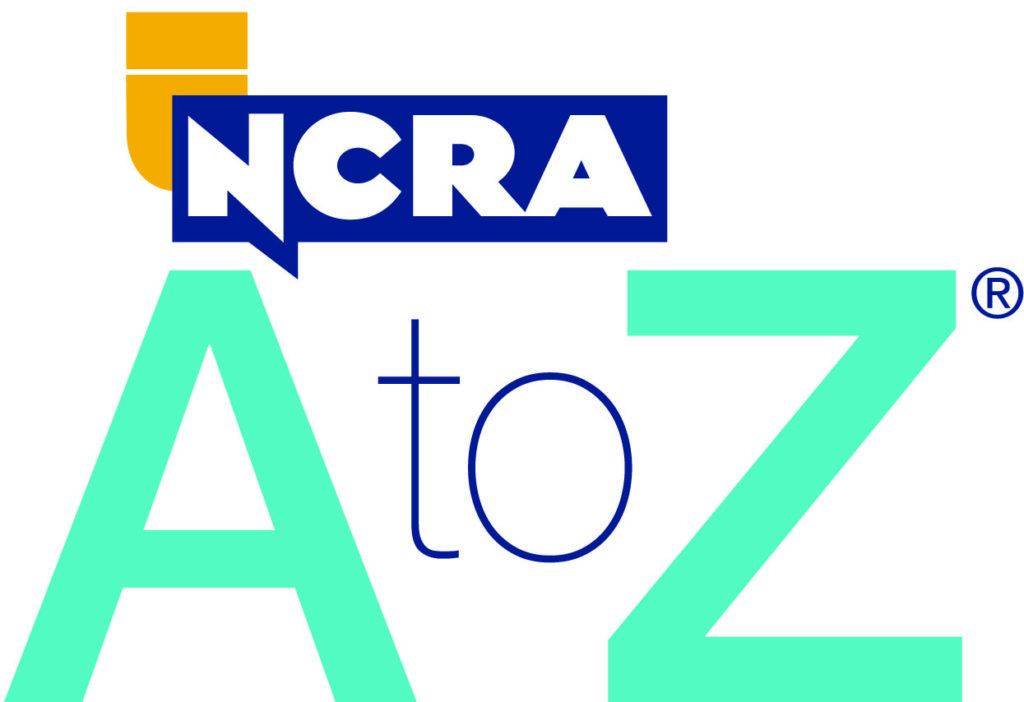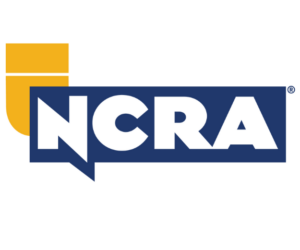NCRA member Deliza Ridoloso resides in San Juan City, the Philippines, and works tirelessly to promote the stenographic court reporting and captioning professions through the NCRA A to Z® Intro to Steno Machine Shorthand program. She and her team currently provide steno writers and steno educational programs through PhilSteno, which, she explains, refers to Philippine Stenography where the NCRA A to Z program is offered.
“For those who are committed to moving further, we provide a scholarship for them to learn realtime stenography,” she says, and adds that she became involved in 2018 with the steno community through some acquaintances from NCRA and Stenograph.
“I find it the most exciting to see our PhilSteno scholars use what they learn at the courts. I also get so excited that we are helping the next generation of stenographers learn realtime stenography,” Ridoloso says. What she loves most is trying to help the Philippine wheels of justice move faster with efficient transcription.
“What warms my heart is meeting the different court stenographers and young potential stenographers from all over the Philippine islands. Initially, it was just a job assignment about steno writers. Still, after understanding the situation in the Philippines, we became advocates for supporting stenographers in the Philippines through our PhilSteno programs,” she adds.
As for the future of the profession, Ridoloso says that, in general, she believes that it is going to be like kung fu. “Stenographers will be diverse in how they write their transcriptions depending on what steno style (kung fu style) they are good at, whether pen writers, machine writers, speech writers, or other styles or methods that may come in the future,” she explains.
“Starting a sustainable steno program internationally is a long and challenging road. Many stakeholders need to be involved for it to be successful and accepted. It has taken us time to reach the right people to have the discussion that needs to happen. It is difficult, but I have had great support from Stenograph, NCRA, NCRA members, and Realtime Coach to keep us on the path,” Ridoloso adds.
She also notes that in the Philippines the majority of stenographers are pen writers. “We do not have captioners or legal videographers. We have court stenographers. We still need to get a pool of realtime stenographers. Give us a few years; the next generation is still in school learning.”
Deliza Ridoloso lives in San Juan City, the Philippines. She can be reached at deliza@philsteno.org.









